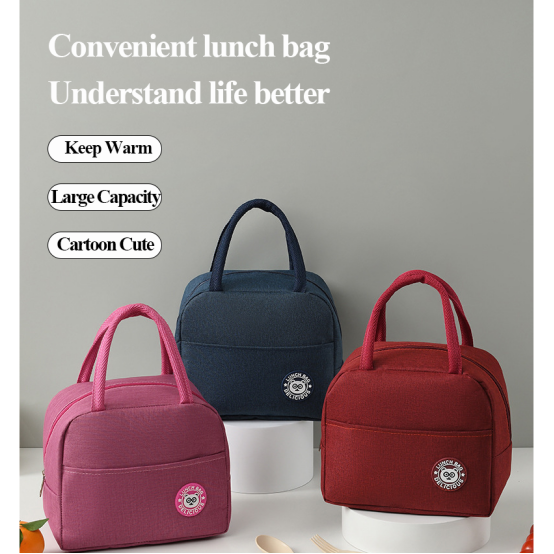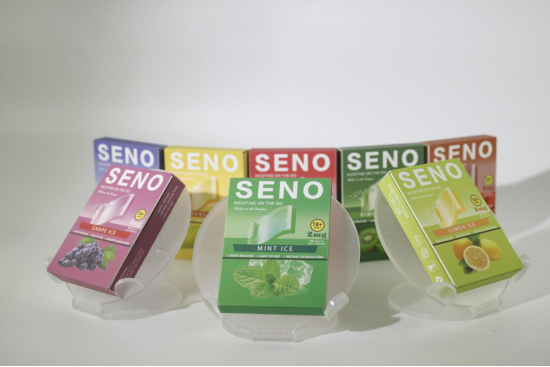The Hidden Dangers of Convenience Foods: Unveiling the Potential Problems

In today's fast-paced world, convenience foods have become a staple in many people's diets. These foods offer quick and easy solutions for busy individuals, but are they really as harmless as they seem? In this blog post, we will delve into the potential problems associated with convenience foods and explore why they may not be the best choice for our health and well-being.
- Nutritional Deficiencies:
One of the main concerns with convenience foods is their lack of nutritional value. These foods are often highly processed, stripped of essential nutrients, and loaded with unhealthy additives. While they may provide a quick energy boost, they often fall short in terms of providing the necessary vitamins, minerals, and fiber that our bodies need to thrive. This can lead to nutritional deficiencies and long-term health issues. - High Levels of Sodium and Sugar:
Convenience foods are notorious for their high sodium and sugar content. Excessive consumption of these ingredients can contribute to a range of health problems, including hypertension, diabetes, and obesity. The convenience of these foods comes at a cost to our overall well-being, as they can disrupt our body's natural balance and increase the risk of chronic diseases. - Additives and Preservatives:
To prolong shelf life and enhance flavor, convenience foods are often loaded with artificial additives and preservatives. These substances, such as artificial colors, flavors, and preservatives, have been linked to various health concerns, including allergies, hyperactivity, and even certain types of cancer. Consuming these foods regularly exposes our bodies to a cocktail of potentially harmful chemicals. - Lack of Control over Ingredients:
When we rely heavily on convenience foods, we relinquish control over the ingredients that go into our meals. This means we are often unaware of the quality and source of the ingredients used. Many convenience foods contain low-quality, processed ingredients that may be sourced from unsustainable practices or treated with pesticides and hormones. By opting for convenience, we compromise our ability to make informed choices about the food we consume. - Impact on the Environment:
Convenience foods often come with excessive packaging, contributing to the growing problem of waste and pollution. The production and transportation of these foods also have a significant carbon footprint. By reducing our reliance on convenience foods, we can make a positive impact on the environment and support sustainable food systems.
Conclusion:
While convenience foods may offer a quick fix for our busy lifestyles, it is crucial to recognize the potential problems associated with them. From nutritional deficiencies and high levels of sodium and sugar to additives and lack of control over ingredients, convenience foods can have a detrimental impact on our health and the environment. By prioritizing whole, unprocessed foods and making conscious choices about what we consume, we can take control of our well-being and contribute to a healthier, more sustainable future.






